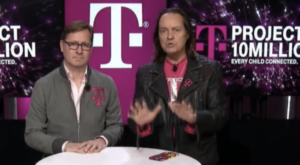
T-Mobile yesterday announced that its new 600MHz nationwide 5G network will go live on December 6th, and there are three new "uncarrier" initiatives that T-Mobile says will focus on using this network for public good to provide free access to both first responders and low-income households.
But the unspoken main goal with T-Mobile's latest uncarrier announcement is really to win final state-level approval for T-Mobile's merger with Sprint - as all of these "public good" offerings are contingent on the merger being completed.
T-Mobile is putting the pressure on the various state attorney generals who are still objecting. Do any of them want to be seen as fighting against first responders and disadvantaged schoolchildren, after all?
Table of Contents
Video Version
Subscribe to our YouTube Channel
Nationwide 5G - Coming December 6th
As we wrote about last month, T-Mobile has been promising to launch "nationwide" 5G by the end of the year.
Now we have a date, and a coverage map.
The map is indeed impressive - but keep in mind that while this is technically "real" 5G, the 600MHz low-frequency spectrum being used is focused on enabling long range 5G coverage, and NOT the blistering fast speeds that mmWave 5G being deployed into urban areas is known for.
The actual rural experience will probably be more akin to "really good 4G" - and it will still take a very long time for true gigabit cellular speeds to reach out into remote areas.
Also important to know - the ONLY two phones that will support this initial 5G rollout are the OnePlus 7T Pro 5G McLaren and the soon-to-be-released Samsung Galaxy Note10+ 5G.
But while both of these phones will be the first to connect to T-Mobile's new 600MHz 5G network, they are actually NOT compatible with T-Mobile's fledgling mmWave 5G urban network.
These phone will both become obsolete in 2020 - when next generation 5G phones begin to roll out that will support both mmWave speed and 600Mhz range, all in one device.
In other words - WAIT until next year before jumping on this 5G train!
The good news is that T-Mobile will not be charging extra for 5G access - all current T-Mobile 4G plans will include 5G at no additional cost.
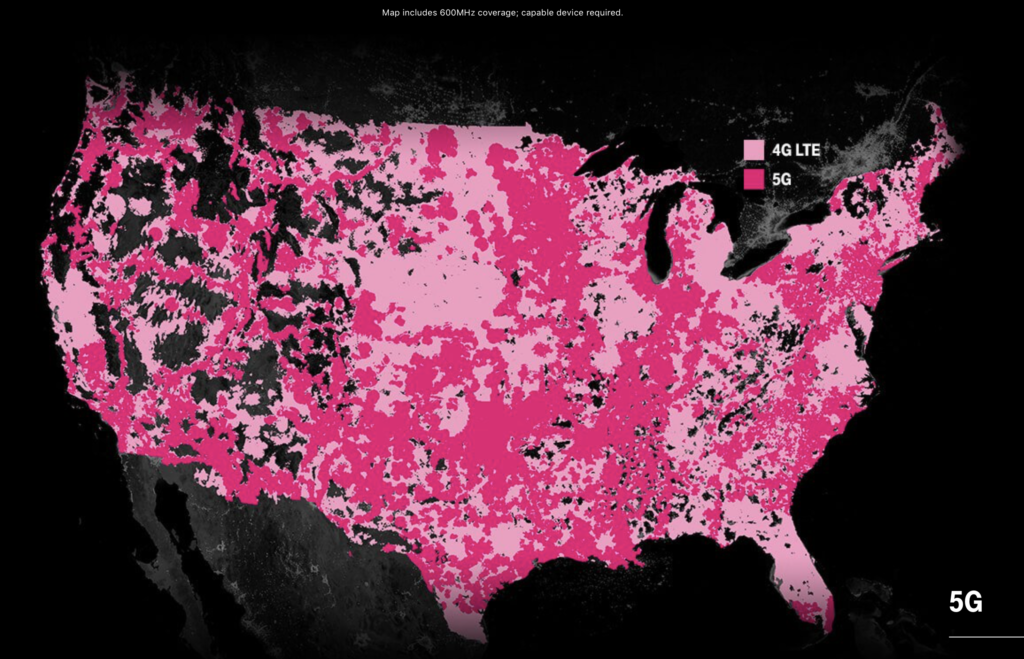
For a much deeper explanation of T-Mobile's 5G rollout plans, and the fundamental network limitations of 600MHz coverage, see our previous article:
T-Mobile Promises Nationwide 5G – By The End of 2019?!?
T-Mobile’s New “For Good” Initiatives
In T-Mobile's latest #uncarrier initiative, T-Mobile is making it clear they intend to use their network "for good" - hoping to satisfy some of the concerns from the various state lawsuits aiming to stop the merger.
Here are the three announcements - none of which have a substantial impact for our core mobile internet focused audience:
- Connecting Heroes Initiative - T-Mobile is "making a 10-year commitment" to provide free 5G access with unlimited talk, text and smartphone data (but only 1GB of hotspot!) to all first responders in the United States. This seems designed to undercut AT&T's FirstNet program (AT&T says they consider Connecting Heroes to be "a marketing stunt"), and other similar first responder commercial offerings from Verizon. It does not seem that individual first responders will be able to sign up directly, however. Agencies interested in the program are being invited to get on T-Mobile's waiting list for when it rolls out.
- Project 10Million - Designed for families that can provide both proof of low-income status and a lack of current home internet access, this will provide a free cellular hotspot - but with service capped at 100GB a year. Though this plan sounds nice on paper, it puts the burden of managing usage onto families that shouldn't need to care what a gigabyte is, or that a mandatory OS software update burned through next semester's data already. 8.3GB/mo is not going to be enough to truly bridge the digital divide to help disadvantaged kids get their homework done!
- T-Mobile Connect - A new prepaid smartphone plan designed for "lower-income consumers" but open to anyone, the $15/mo plan comes with just 2GB of data and the $25/mo plan comes with 5GB. Every year for the next five year, each of these plans will increase their data allotment by 500MB/mo - without the cost going up. But for those who need a lot of data, these aren't likely to ever be appealing options. Also be aware that unlike other T-Mobile plans that have a certain high-speed data limit and then get slow if you exceed it, these plans will cut you off once you run out of the included data.
But remember - all of these offers are contingent on the merger actually happening.
For example, here is the fine print from the Connecting Heros page:
"Offer only available following the closing of the pending Sprint merger. For state & local fire, police, and EMS agencies who verify eligibility; may be subject to line limits. Video typically streams on smartphone/tablet at DVD quality (480p)."
Ultra Mobile Based Plan Partnership Too
In the meantime, T-Mobile has also quietly partnered with reseller Ultra Mobile to offer some enticingly discounted prepaid plans (starting at $14/mo) - without a need to wait for a merger to complete.
More appealing for our audience - Ultra Mobile has available a $49/month smartphone plan that includes 50GB of high speed data before hard throttling. This plan is advertised to include full access to this data for personal mobile hotspot usage.
Overall this is a more appealing offer on T-Mobile's network than any of the newly announced initiatives.
T-Mobile & Sprint Merger Update

Earlier this week, the FCC officially issued its formal approval of the merger of Sprint and T-Mobile to form the New T-Mobile (Newt Mobile?), leaving just state level objections remaining to this deal that has been in the works for years.
But things are not final yet - there are still several states that are pressing ahead with lawsuits alleging that a merged company will decrease competition in the United States, and will be bad for consumers overall. Unless a surprise settlement is reached, these combined cases will be going to trial starting on December 9th.
There are indeed very real competitive concerns that come from going from two large and two small nationwide cellular carriers to just three evenly matched giants.
On the other hand - Sprint has been losing customers and may not even be able to exist as a viable entity on its own, and T-Mobile needs access to Sprint's cellular spectrum to be able to deliver on its vision of a nationwide 5G cellular network that might have the potential to truly rival Verizon and AT&T.
In July the Department of Justice granted merger approval when T-Mobile agreed to sell assets to enable Dish Network to launch as a new fourth nationwide cellular network (read our news story for more details), but even optimistically it will take a while for Dish to become nationally relevant.
The soap opera continues, and T-Mobile is now forecasting the deal finally completing in early 2020 - at the earliest.
T-Mobile Sprint Merger News Stories:
Summary
T-Mobile and Sprint are desperate to get this merger completed - and now that the federal government is fully on board (the final formal FCC approval has even been issued), the only remaining obstacle are the several remaining states that have joined together to sue to block this marriage as being anti-competitive.
T-Mobile has negotiated settlements with some of the objecting states recently, and it is now cranking up the pressure with these latest offers.
Will it be enough to win final approval, and to convince the states to forever hold their peace?
Or is this wedding doomed to fall flat at the last moment after such a long and dramatic courtship?
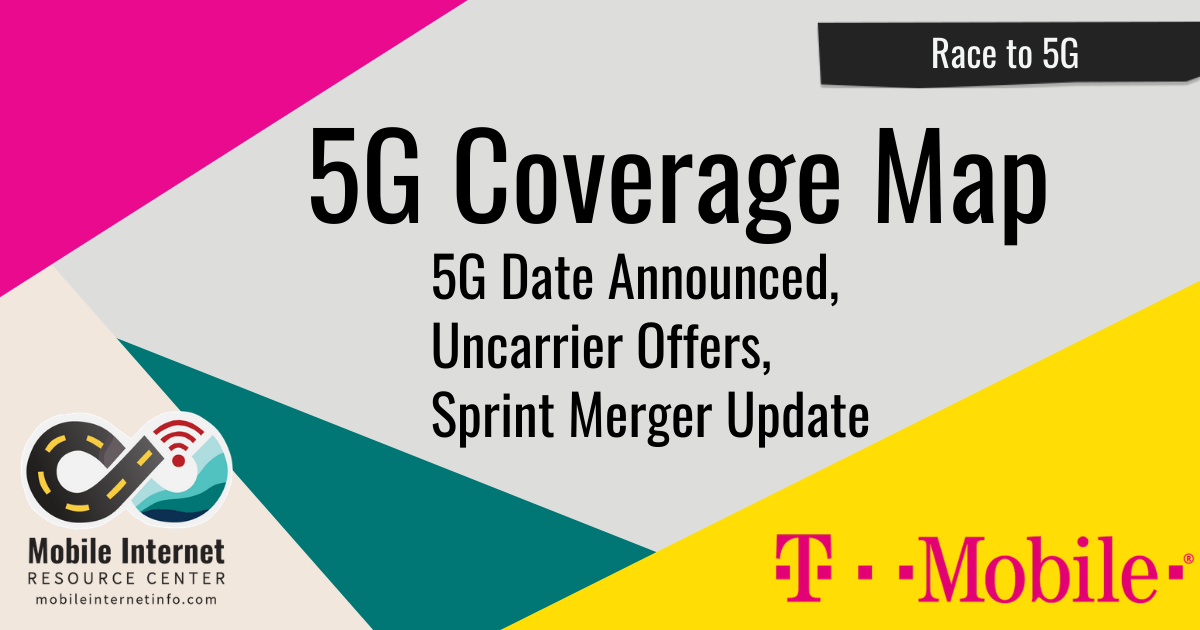
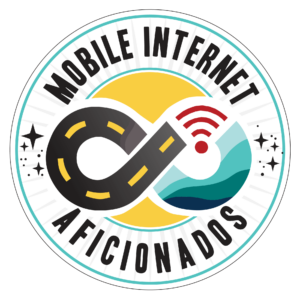

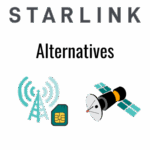
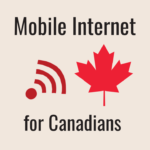
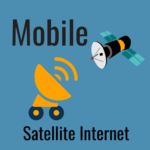
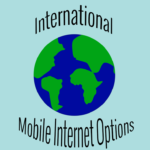
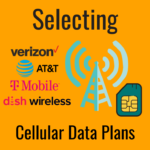
 Mobile Internet Resource Center (dba Two Steps Beyond LLC) is founded by Chris & Cherie of
Mobile Internet Resource Center (dba Two Steps Beyond LLC) is founded by Chris & Cherie of